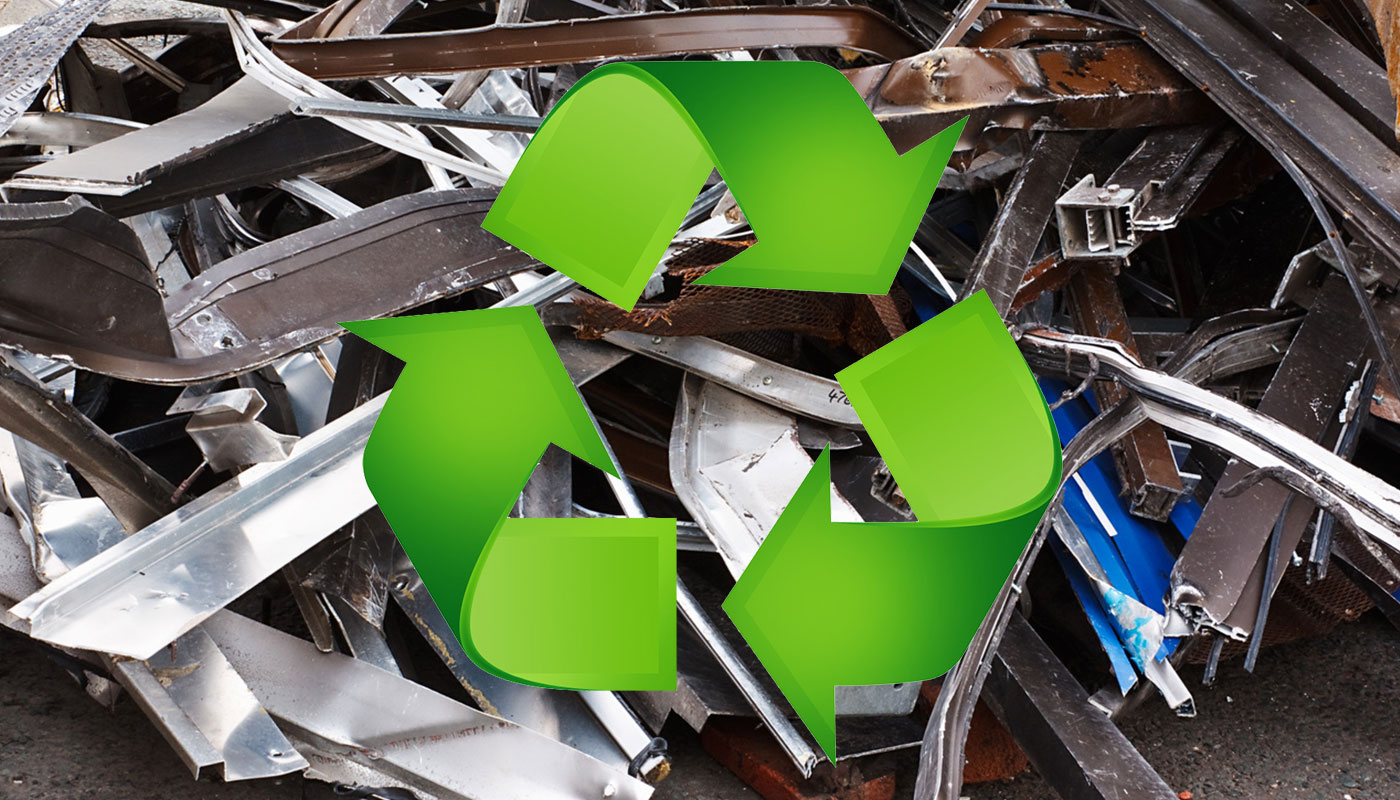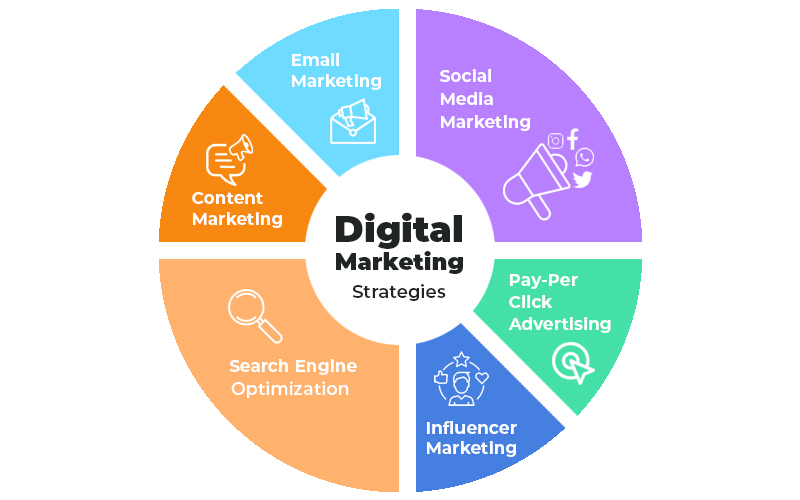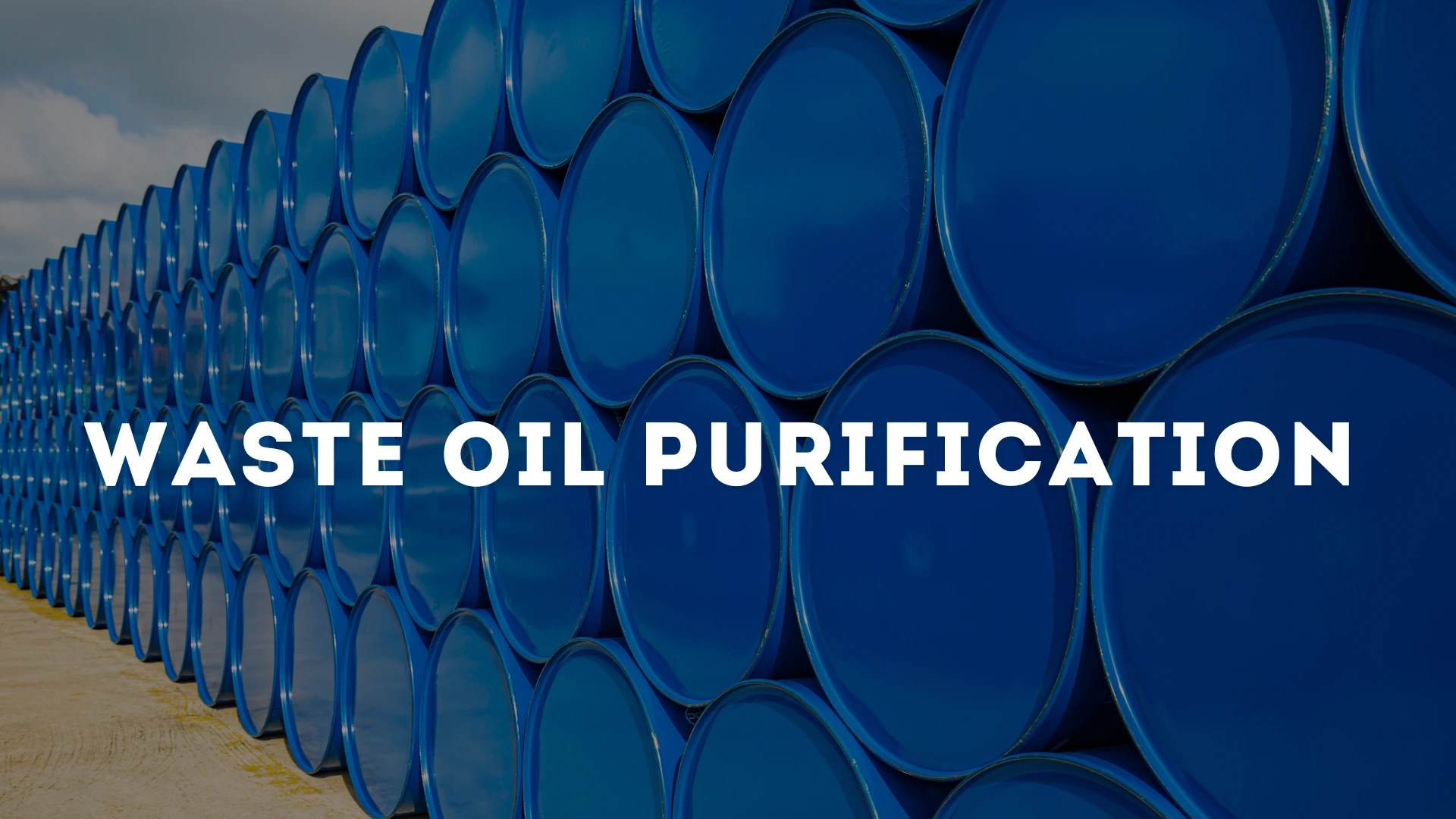Understand the essential Licenses for Business setup in Dubai. Learn about commercial, professional, industrial licenses in free zones and mainland.
Key Takeaways:
- A valid business license is mandatory for all legal operations in Dubai, determining permitted activities.
- The main license categories are Commercial, Professional, and Industrial, with subcategories.
- Licenses are issued by either the Department of Economic Development (DED) for mainland or specific free zone authorities.
- The chosen license type impacts ownership structure, scope of operations, and associated costs.
- Some activities require additional external approvals from governmental or regulatory bodies.
Embarking on a Business setup in Dubai necessitates a fundamental understanding of the licensing framework. A business license is not merely a formality; it is the legal authorization that dictates the scope of your commercial activities, outlines your operational boundaries, and ensures compliance with the emirate’s regulations. Without a valid license, no business can legally operate in Dubai. The types of licenses available are diverse, tailored to cater to the vast array of industries thriving within this dynamic economy.
Licenses for Business setup in Dubai: Main Categories
When it comes to Business setup in Dubai, licenses primarily fall into three broad categories, each designed for specific types of economic activities.
- Commercial License: This is perhaps the most common type of license, suitable for businesses involved in trading. This includes activities such as importing, exporting, buying, and selling goods. A commercial license covers a wide range of trading activities, from general trading (allowing trade in various goods) to specialized trading in specific products like electronics, textiles, or foodstuff. Businesses looking to set up retail outlets, e-commerce platforms, or participate in import/export operations will require a commercial license. It’s the go-to for entities dealing with physical goods.
- Professional License: This license is issued to individuals and companies that provide services based on intellectual and professional capabilities. This category covers a vast spectrum of service-oriented businesses, including consultancies (management, marketing, HR, IT), accounting and auditing firms, legal services, educational institutions, healthcare providers, and even artistic or design services. A key advantage of a professional license, particularly for mainland setups, is that it typically allows for 100% foreign ownership, as the focus is on skills and expertise rather than trade in goods.
- Industrial License: An industrial license is required for businesses involved in manufacturing, industrial, or production activities. This includes converting raw materials into finished products, assembly operations, packaging, and processing. Examples range from food processing plants and textile factories to machinery manufacturing and chemical production. Obtaining an industrial license often involves more stringent requirements related to factory premises, environmental regulations, and safety standards due to the nature of the operations.
Beyond these main categories, there are specialized licenses for specific sectors, such as:
- Tourism License: For travel agencies, tour operators, hotels, and other tourism-related services.
- Agricultural License: For businesses involved in farming, fisheries, and agricultural production.
- Craftsmanship License: For skilled manual laborers like plumbers, carpenters, and electricians.
- Freelance Permit: Gaining popularity, this permit is for individual professionals in certain fields (e.g., media, technology, education) who wish to work independently.
Licenses for Business setup in Dubai: Jurisdiction and Issuing Authority
The choice of jurisdiction is paramount as it dictates which authority will issue your license and the subsequent operational parameters for your Business setup in Dubai.
Mainland Licenses: These licenses are issued by the Department of Economic Development (DED) in Dubai (now part of Dubai Economy and Tourism – DET). A mainland license allows businesses to operate anywhere in the UAE, including within the mainland and free zones, and to engage directly with the local market without restrictions. While recent reforms have enabled 100% foreign ownership for many activities, some specific activities or legal structures might still involve a local service agent or partner. The process for obtaining a mainland license often requires a physical office space and typically involves a few more steps and coordination with various government departments compared to free zones.
Free Zone Licenses: Dubai boasts over 40 free zones, each with its own independent regulatory authority responsible for issuing licenses. Each free zone often caters to specific industries and offers unique incentives, such as 100% foreign ownership, 100% repatriation of profits, and exemptions from corporate and personal income taxes for a specific period. For instance, SPC Free Zone in Dubai is known for its wide array of license types catering to publishing, e-commerce, general trading, and various service activities, along with its streamlined application process.
The scope of a free zone license is generally restricted to operating within the specific free zone or conducting international business. To trade directly with the mainland market, a free zone company might need to establish a branch or appoint a local distributor on the mainland, or potentially acquire a “dual license” if offered by the free zone (like SPC Free Zone in Dubai does for certain activities, allowing a free zone entity to also conduct mainland activities through its free zone setup). The type of license issued in a free zone will be aligned with the free zone’s specialization (e.g., a media free zone will issue media licenses, a technology free zone will issue tech licenses).
Licenses for Business setup in Dubai: Application Process and Requirements
The process for obtaining Licenses for Business setup in Dubai involves several key steps and requires specific documentation. While the exact procedure can vary slightly between mainland and free zones, the general outline remains consistent.
- Define Business Activity: The first step is to accurately identify your primary and secondary business activities from the official lists provided by the DED or the relevant free zone authority. This step is critical as it determines the license type you will need.
- Choose Legal Structure: Decide on the legal form of your company (e.g., Sole Proprietorship, LLC, Free Zone Establishment/Company, Branch Office). This choice influences ownership rules and liabilities.
- Reserve Trade Name: Select a unique trade name that complies with UAE naming conventions and register it with the licensing authority.
- Initial Approval: Obtain initial approval from the DED or free zone authority. This signifies their “no objection” to your business idea.
- Prepare Documents: Gather and submit all necessary documents. These typically include:
- Passport copies of shareholders and managers.
- No Objection Certificate (NOC) from current sponsor (if applicable).
- Memorandum of Association (MOA) or Articles of Association (AOA) – these are drafted based on your legal structure.
- Business plan (for certain activities or free zones).
- Proof of a physical address (tenancy contract/lease agreement).
- External Approvals (if required): For regulated activities, secure approvals from external government bodies (e.g., Dubai Health Authority for medical, Securities and Commodities Authority for financial services, Dubai Municipality for food-related businesses). This can be a time-consuming step.
- License Fee Payment: Pay the applicable license and registration fees. These fees vary significantly based on the license type, activities, and chosen jurisdiction.
- License Issuance: Upon successful review and payment, your business license will be issued.
Licenses for Business setup in Dubai: Renewal and Compliance
Obtaining the initial license is a significant milestone, but businesses must also understand the ongoing requirements for Licenses for Business setup in Dubai. All business licenses in Dubai have a validity period, typically one year, and require annual renewal.
License renewal involves submitting updated documents, a valid tenancy contract (Ejari registration for mainland), and paying the renewal fees. Failing to renew a license on time can result in penalties and fines. Beyond renewals, companies must adhere to ongoing compliance requirements, which include:
- VAT Registration: If your annual turnover exceeds AED 375,000, you must register for Value Added Tax (VAT) with the Federal Tax Authority (FTA) and file regular VAT returns.
- Corporate Tax: With the introduction of corporate tax in 2023, businesses must understand their obligations and tax implications. Qualifying free zone entities may still benefit from a 0% corporate tax rate if they meet specific criteria.
- Labor Laws: Compliance with UAE labor laws is essential for businesses with employees, covering aspects like contracts, wages, working hours, and end-of-service benefits.
- Audits: While not all free zones mandate annual audits, many (especially those dealing with financial activities or higher turnovers) do. Mainland companies generally require annual financial audits.
- Industry-Specific Regulations: Businesses must continuously comply with regulations specific to their industry sector, which may evolve over time.
Navigating the various Licenses for Business setup in Dubai can seem complex, but the process is streamlined with clear guidelines. Engaging a professional business setup consultant can be immensely beneficial. These experts provide up-to-date information on license types, requirements, and costs, ensuring a smooth and compliant setup, allowing entrepreneurs to focus on their core business activities in one of the world’s most vibrant economic environments.















